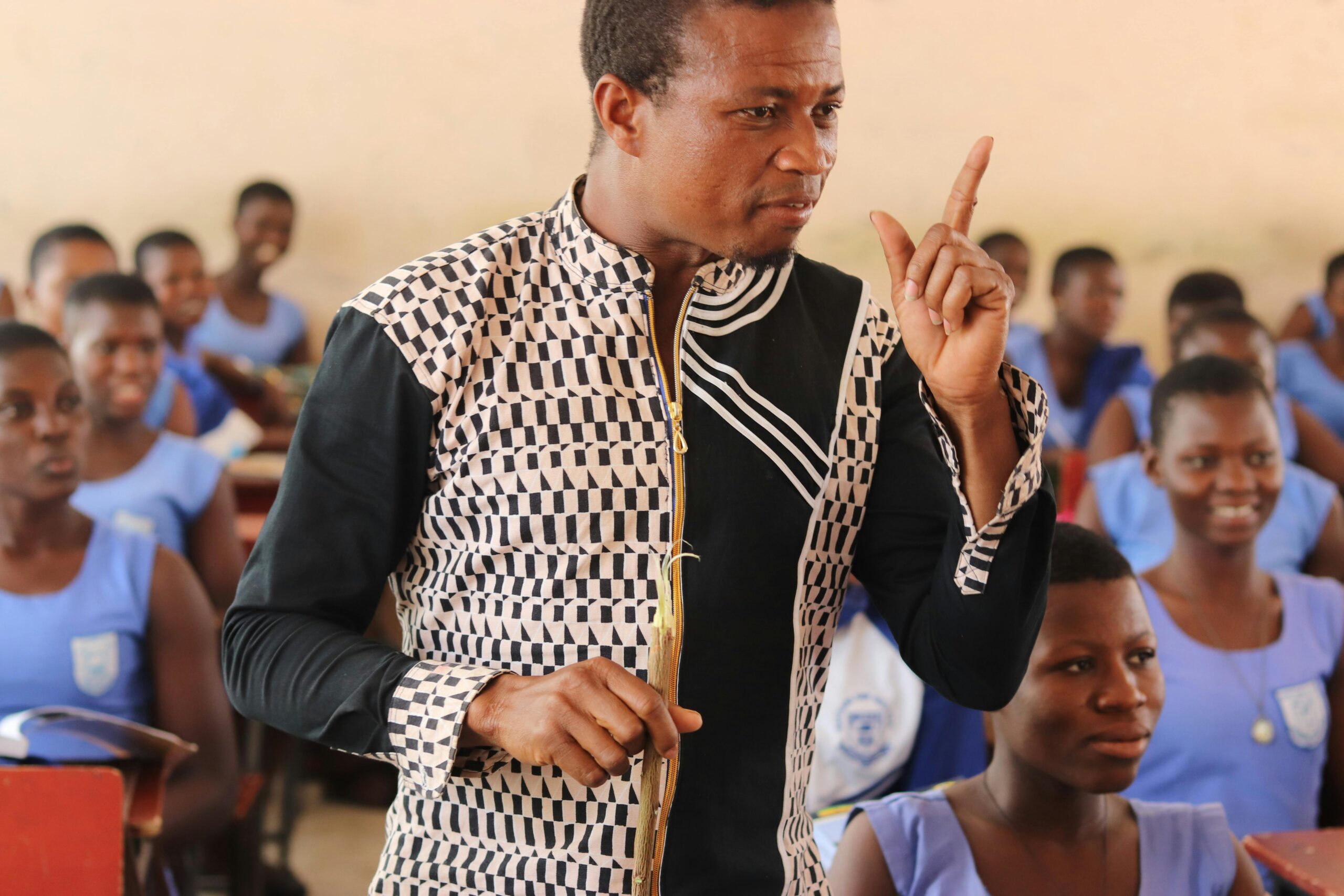Africa’s future is intricately linked to the empowerment of its youth through education. One of the most effective ways to prepare the continent’s next generation for global competitiveness is through Science, Technology, Engineering, and Mathematics (STEM) education. STEM education equips students with critical thinking, problem-solving skills, and technological proficiency, which are vital in today’s digital and innovation-driven world. However, in many African countries, access to quality STEM education remains a significant challenge.
The Importance of STEM Education in Africa
STEM education provides learners with a framework to understand and solve real-world problems. Africa’s socio-economic landscape faces numerous challenges, including climate change, food insecurity, and public health crises. By promoting STEM education, African students can be empowered to create sustainable solutions for these challenges. Additionally, STEM education opens doors to global opportunities by providing skills that are in demand across industries, from engineering to data science.
For Africa to remain competitive, it is crucial to bridge the gap in STEM education, particularly for marginalized communities. Many young people in rural areas and underserved schools do not have access to the resources needed to explore STEM subjects effectively. Organizations like EFAI (Education for All Initiative) are at the forefront of advocating for increased investment in STEM education. Their efforts aim to ensure that every African child has access to quality education, with a special focus on STEM fields(UNESCO)
Challenges Facing STEM Education in Africa
Several barriers hinder the widespread adoption of STEM education in Africa. One significant challenge is the lack of infrastructure. Many schools lack the necessary laboratory equipment, internet connectivity, and trained teachers to effectively teach STEM subjects. Additionally, the cost of educational materials and technological tools can be prohibitive for students and educators alike.
Another pressing issue is the gender gap in STEM fields. Across Africa, young girls are often discouraged from pursuing careers in science and technology, leading to underrepresentation in these fields. To address this, EFAI has launched several initiatives focused on breaking down gender barriers and encouraging more girls to explore STEM careers.
The Role of EFAI in Promoting STEM Education
EFAI is committed to transforming STEM education across Africa. Through its various initiatives, the organization is working to provide schools with STEM resources, training educators, and inspiring students to take an interest in science, technology, engineering, and mathematics. One of its flagship projects, Books for Brilliance: Empowering Nigeria’s Next STEM Leaders, aims to provide books and textbooks to secondary and university students, giving them the knowledge and tools to excel in STEM subjects.
In addition to resource provision, EFAI is also dedicated to promoting environmental sustainability through education. By addressing e-waste, the organization aligns its mission with Sustainable Development Goals (SDG 4) for quality education and (SDG 13) for climate action. EFAI’s work ensures that Africa’s future leaders are well-equipped to tackle the continent’s pressing issues(UNESCO Documents).
The Path Forward
For Africa to thrive in the 21st century, it is essential to focus on expanding access to STEM education. By investing in schools, teachers, and technology, African countries can build a generation of innovators and problem solvers. Additionally, organizations like EFAI play a critical role in bridging the gaps and ensuring that STEM education is accessible to all, regardless of geographic location or gender.
To achieve lasting change, governments, private organizations, and international donors must work together to support STEM education initiatives. The future of Africa depends on the success of its youth, and STEM education is the key to unlocking that potential.

SUBSCRIBE TO OUR NEWSLETTER TO GET MORE INFORMATION AND UPDATES ON STEM EDUCATION ACROSS THE GLOBE



